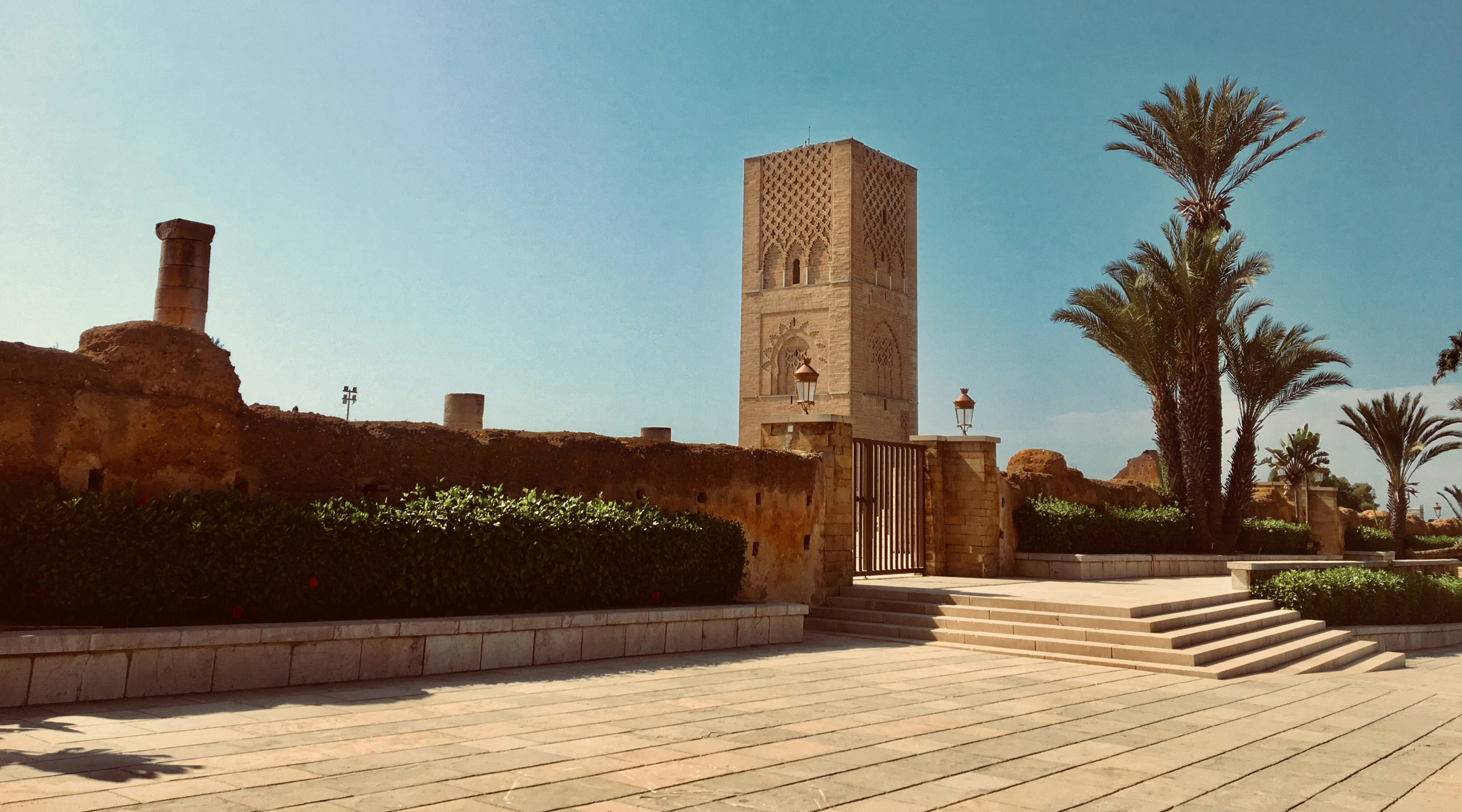

Morocco faces a complex and evolving financial crime landscape, shaped by its strategic geographic position, sizable informal economy, uneven regulatory enforcement, and dynamic regional context. Situated at the crossroads of Europe, West Africa, and the Sahel, Morocco serves as a natural transit hub for illicit goods and financial flows—including drug trafficking, migrant smuggling, and contraband trade. These factors not only drive black-market activity but also create systemic vulnerabilities to money laundering and trade-based financial crimes, particularly in under-monitored sectors such as real estate, construction, and high-value goods. Additionally, the country confronts significant corruption risks, with both domestic and foreign politically exposed persons (PEPs) in procurement and infrastructure sectors vulnerable to corrupt practices.

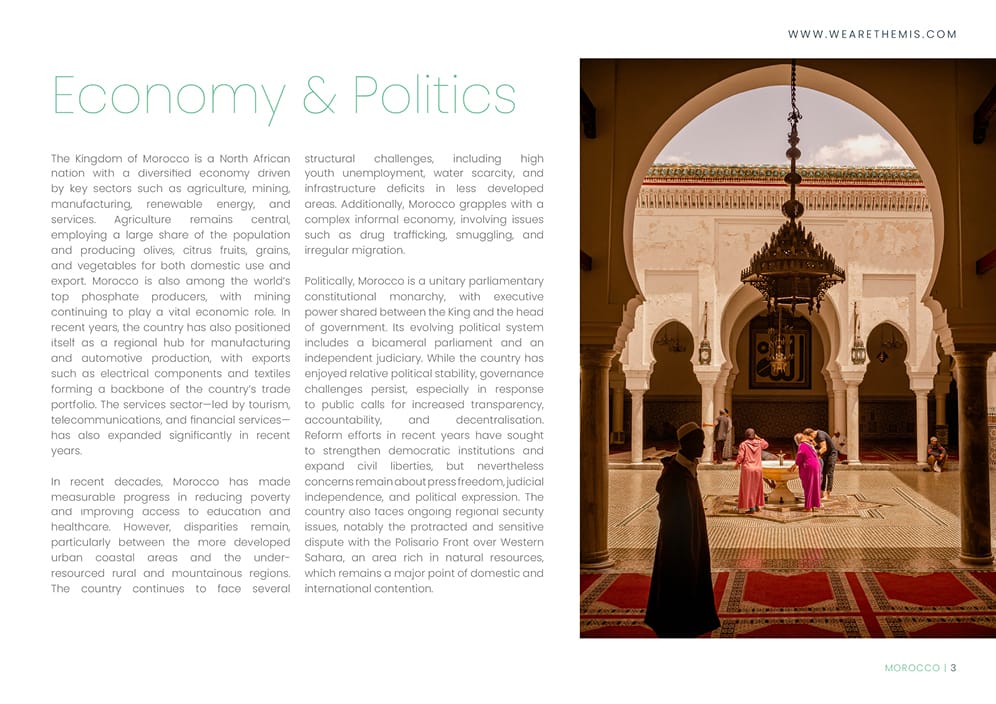
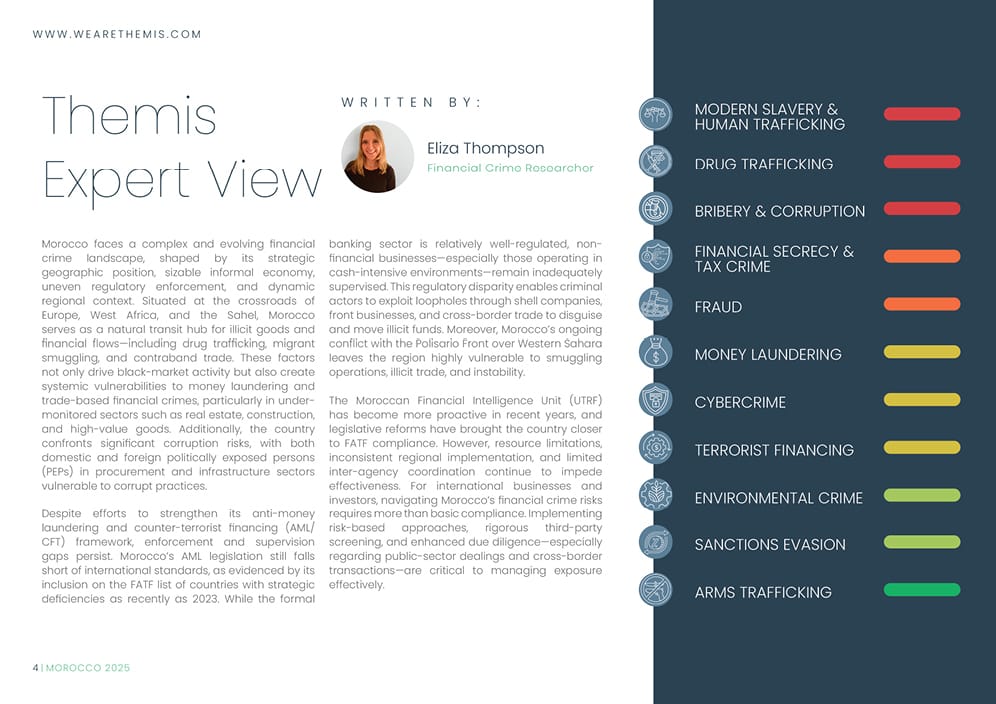

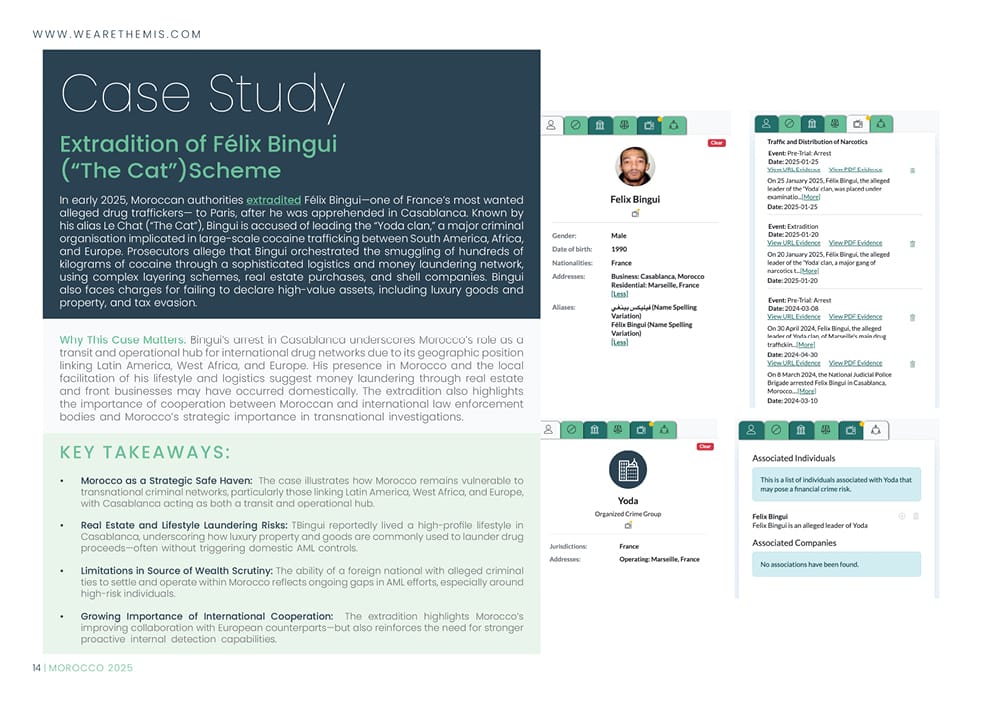
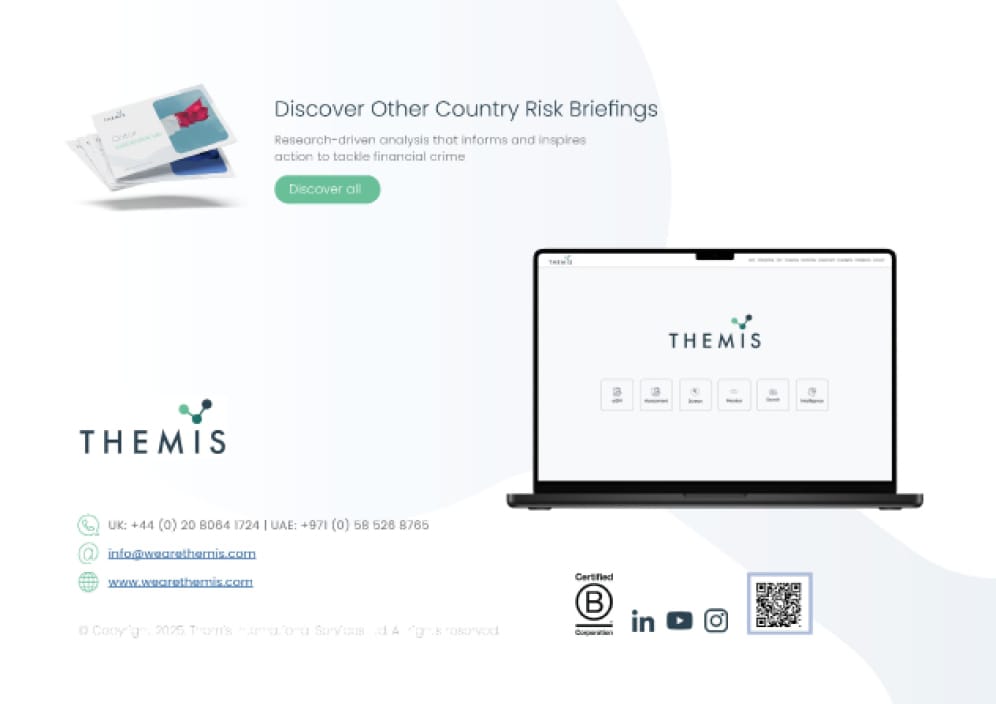
Primary methods of abuse
High-risk sectors
Relevant regulatory responses
Financial crime & compliance teams
Investment committees and operations teams assessing investment into new markets and/or potential expansion into new markets
Financial institutions onboarding clients across jurisdictions
Consultants and advisory professionals
Enhanced due diligence teams



Comprehensive jurisdictional threat overview
In-depth assessment of financial crime typologies such as money laundering, fraud, terrorist financing, tax crime and more.
Detailed sectoral risk analysis
Sector-by-sector evaluation of risk exposure, with the option to zoom in on specific industries (e.g. crypto, real estate, the precious metals sector, legal and other professional business services).
Typology deep dives and red flags
Detailed analysis of real-world typologies, high-risk behaviours and jurisdiction-specific red flags.
Customised watchpoints and recommendations
Forward-looking insights and actionable advice tailored to your business model, client profile, or regional footprint.
